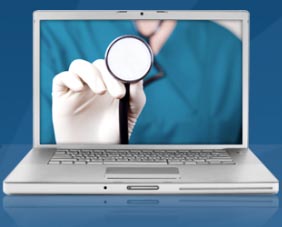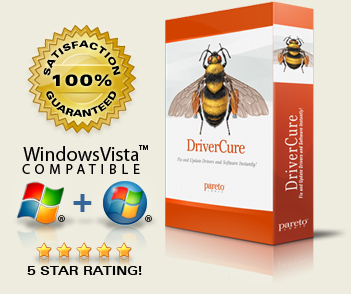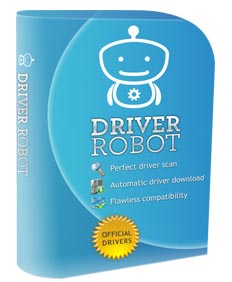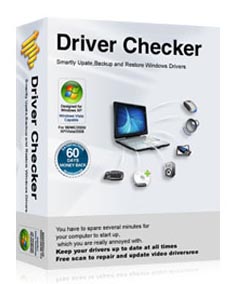PC DRIVER REPAIR: 64 Bit Drivers
 64-bit is a term that is used to identify a generation of computers which normally contain 64-bit processors. In the structure of computers, memory addresses, 64-bit integers, and other data units are at the most 64 bits wide. In addition, 64-bit CPU and ALU structures are based on the registers, address buses, data buses being of that size.
64-bit is a term that is used to identify a generation of computers which normally contain 64-bit processors. In the structure of computers, memory addresses, 64-bit integers, and other data units are at the most 64 bits wide. In addition, 64-bit CPU and ALU structures are based on the registers, address buses, data buses being of that size.
We have seen these 64-bit CPUs existing in supercomputers since the 1960s. And since the early 1990s, they have been used in RISC-based workstations and servers. Starting in 2003, they were introduced into the typical personal computer genre, which were originally 32-bit. These 64-bit CPUs were in the form of the x86-64 and 64-bit PowerPC processor structures.
Another qualification of a 64-bit computer structure is that it generally has integer and addressing registers that are 64 bits wide. This allows the direct support for 64-bit data types and addresses. On the other hand, a CPU may contain external data buses or address buses that are a different size, even larger, than the registers. For example, the 32-bit Pentium had a 64-bit data bus. Finally, a 64-bit may refer to the size of low-level data types, for example, the 64-bit floating-point numbers.
Driver Updating Software
If you have troubles with your printer, media player scanner or graphics adapter then you will most likely find driver updating software very useful. This software is may very well be your solution! These software downloads are quick and simple to use. They will install nearly instantly, they will check your whole computer to determine any device drivers that your hardware or software need. These products have an enormous database and will ensure that you receive the proper most recent version of any necessary drivers. These products are compatible with Windows XP - 32 bit as well as Vista both 32 and 64 bit versions.
Popular Applications using Device Drivers
Device drivers are used in many different facets including the following:
- Printers
- Network cards
- Sound cards
- Video Adapters
- Local Buses
- I/O buses: USB, mice, keyboards
- Storage devices: hard disks, CDROMs and floppy disks (SCSI, ATA and SATA)
- Scanners
- Digital Cameras
- File Systems
Additional Device Driver Links


